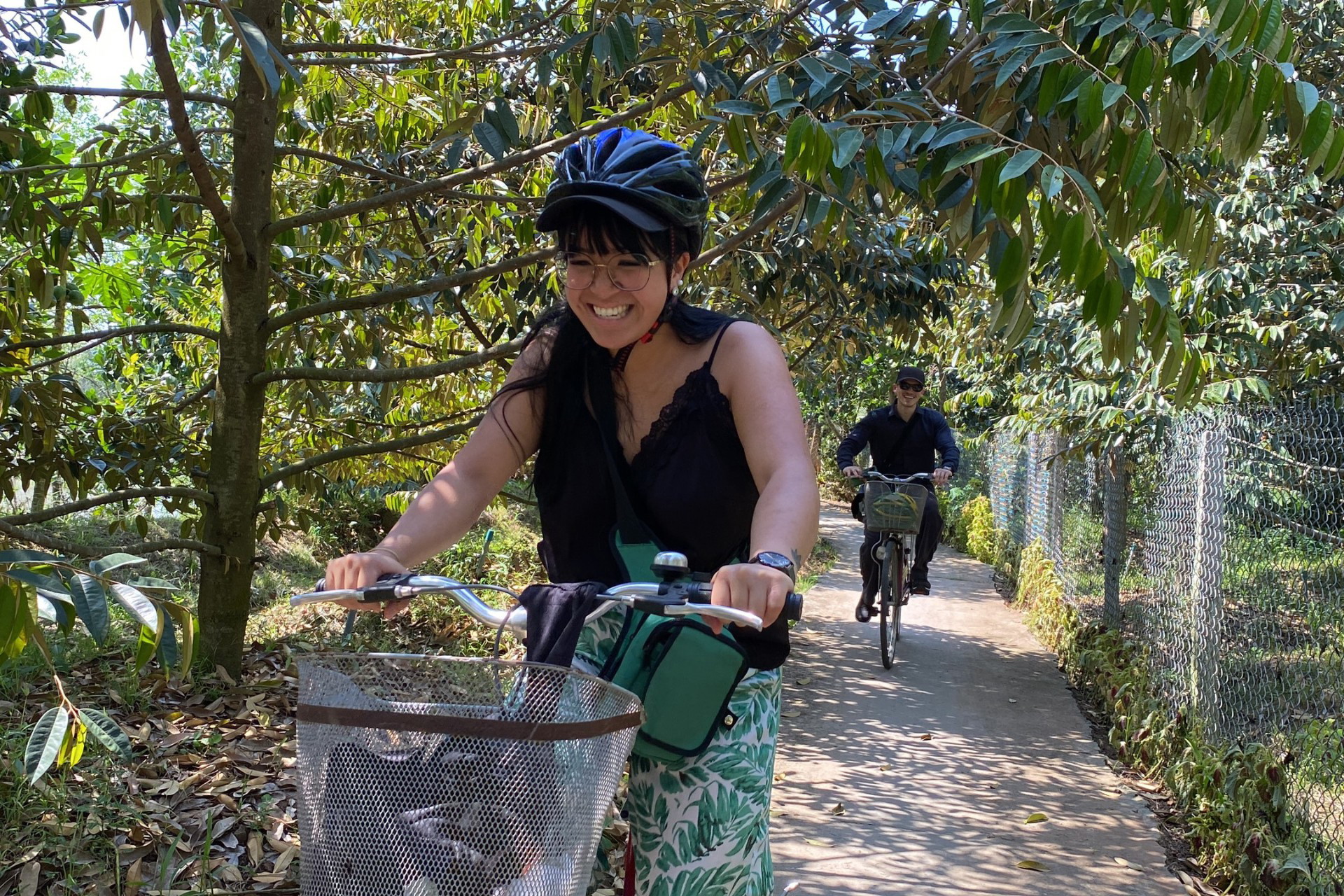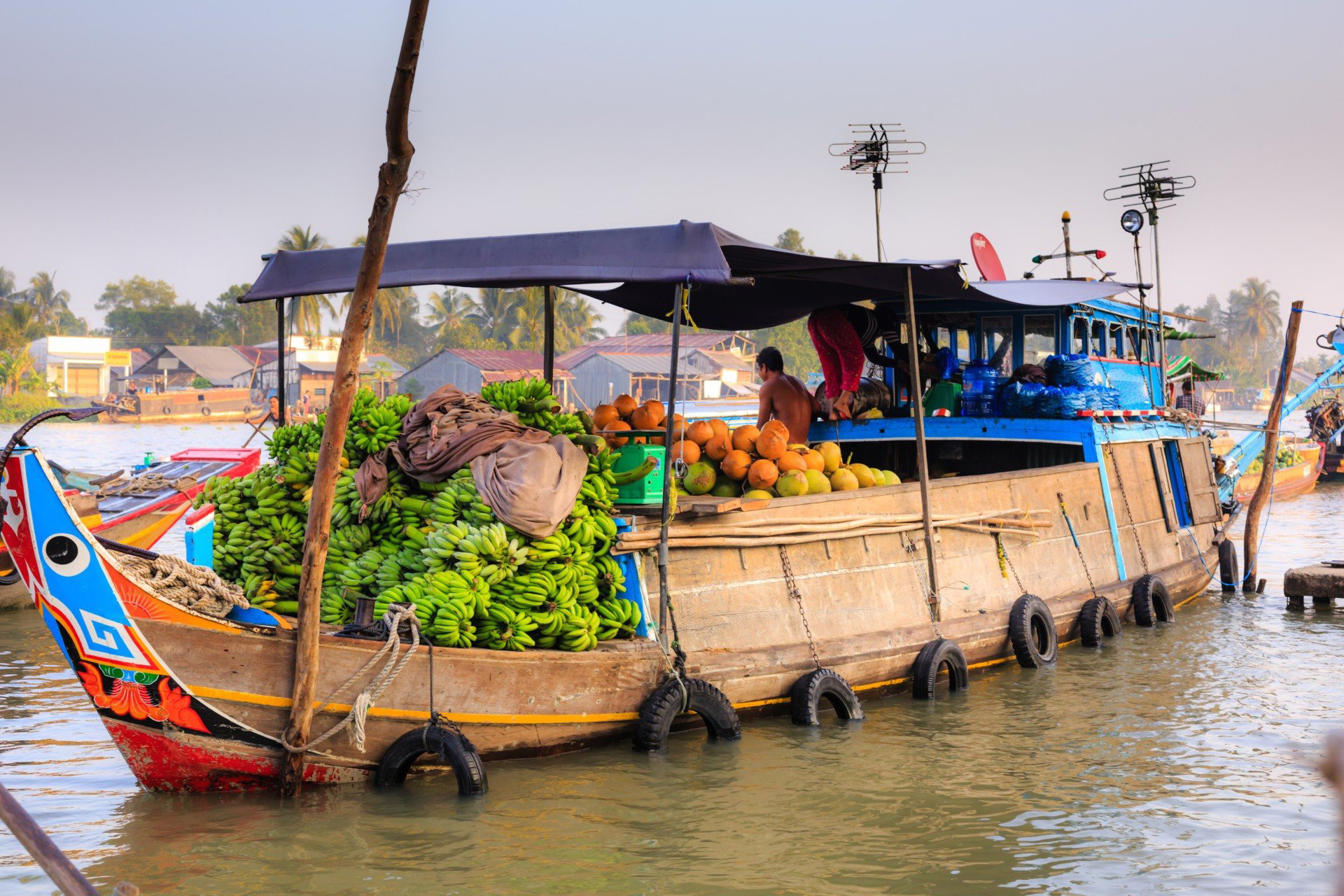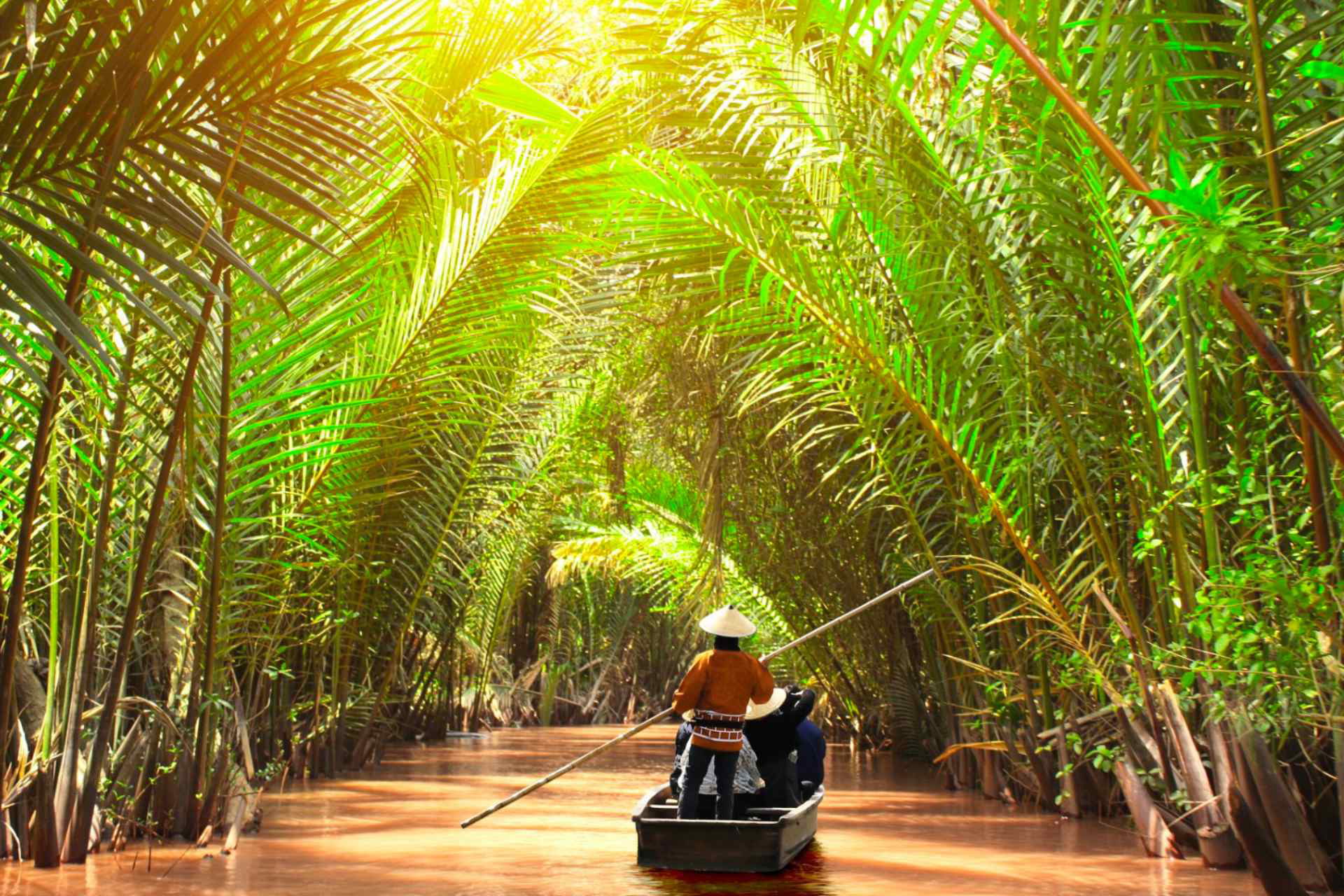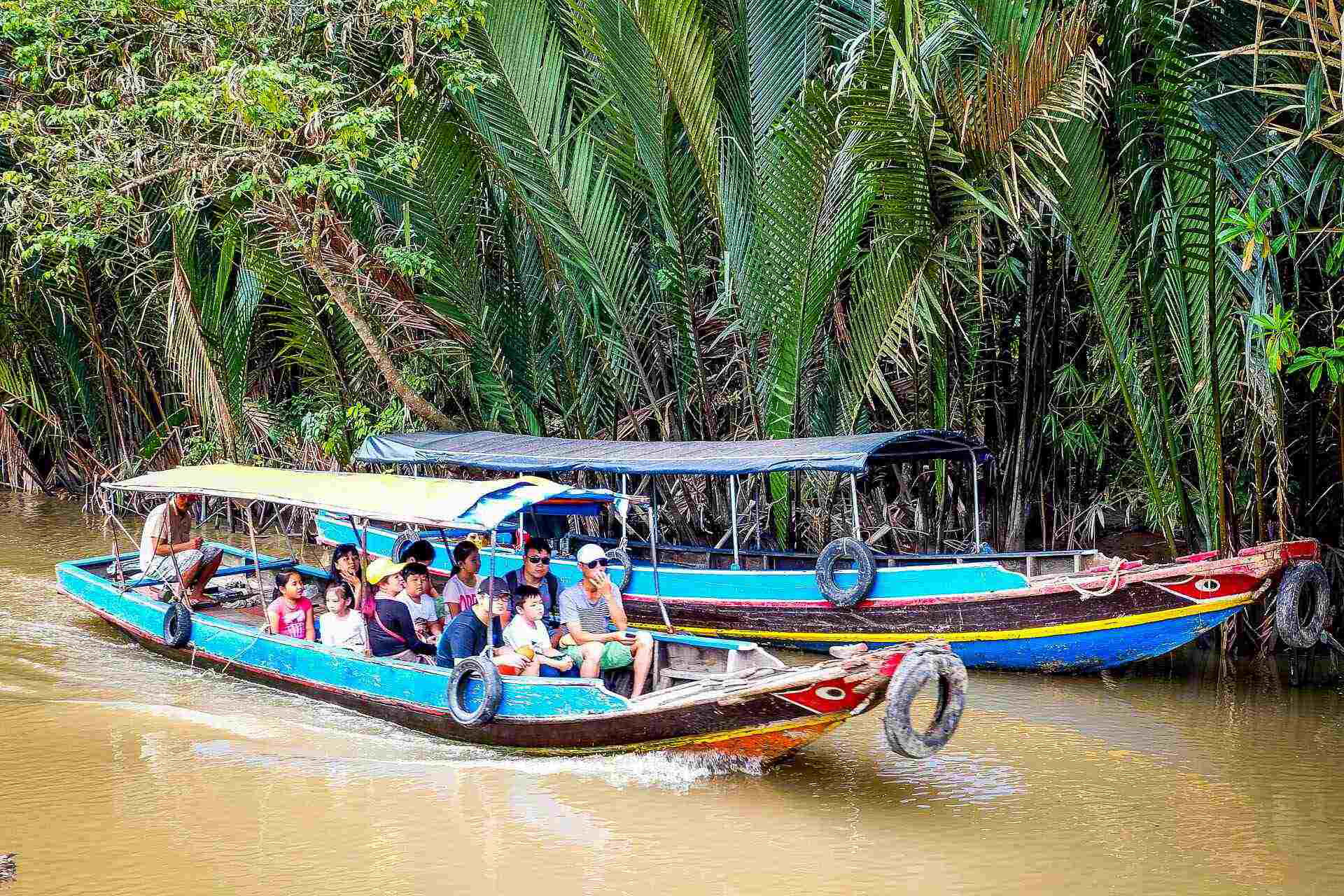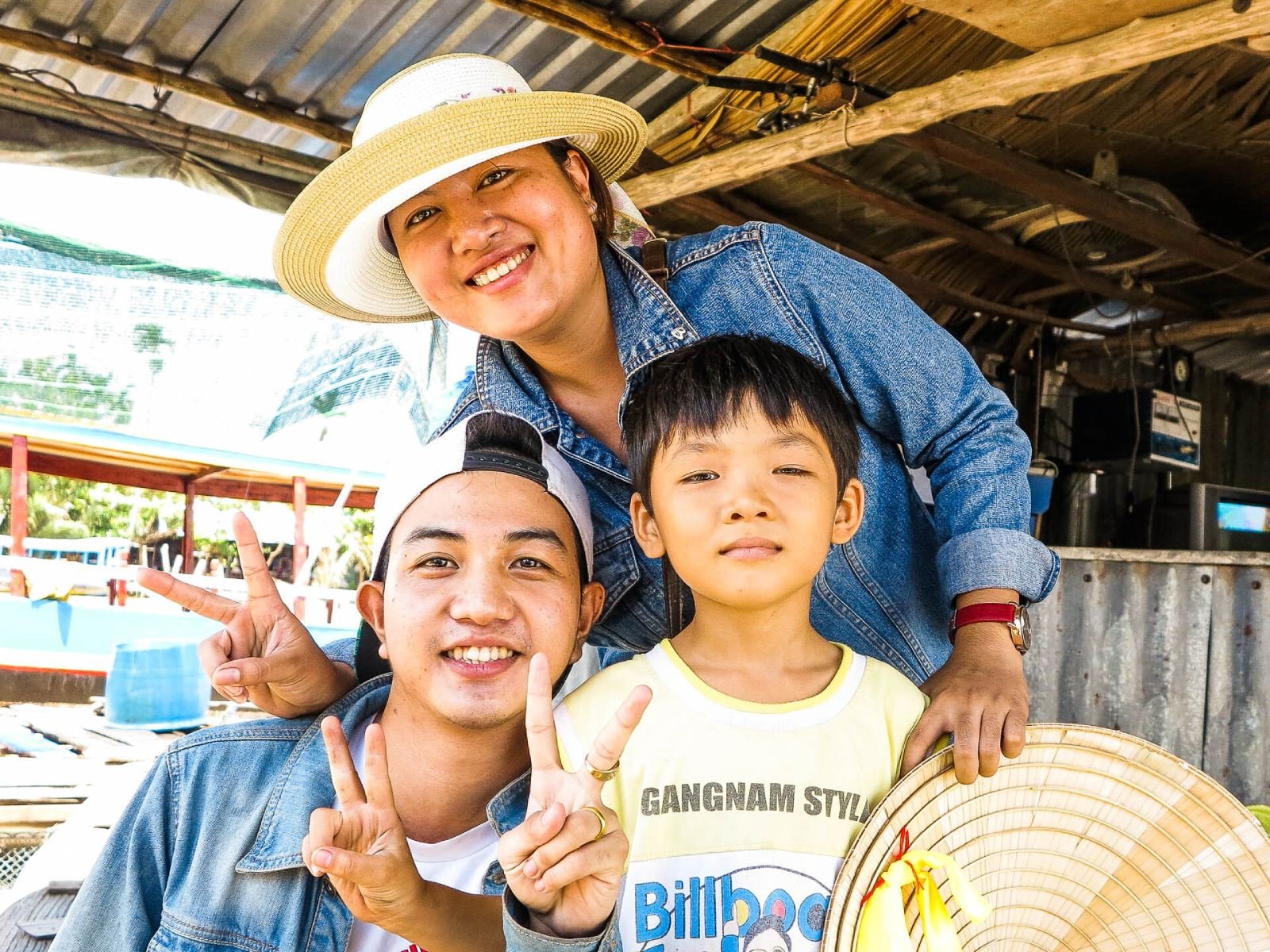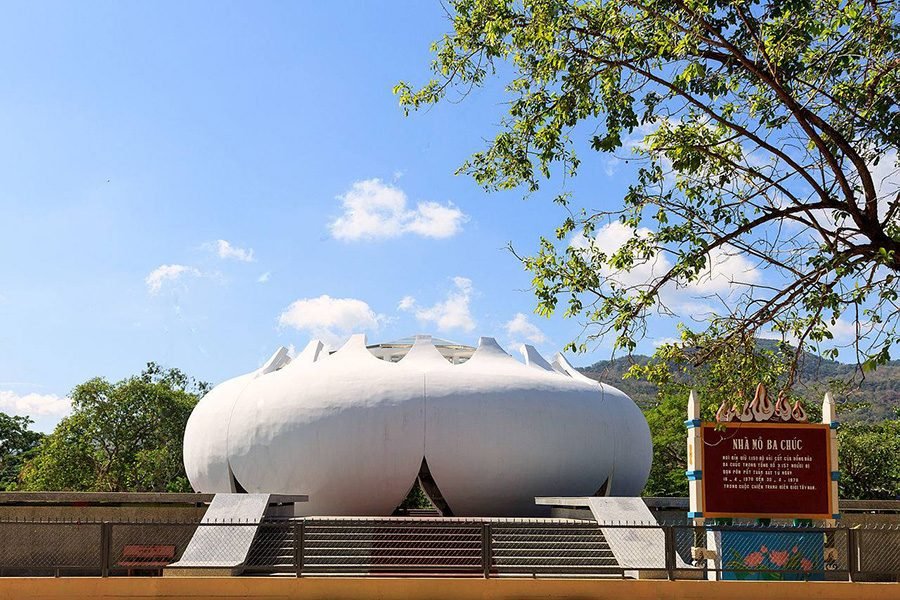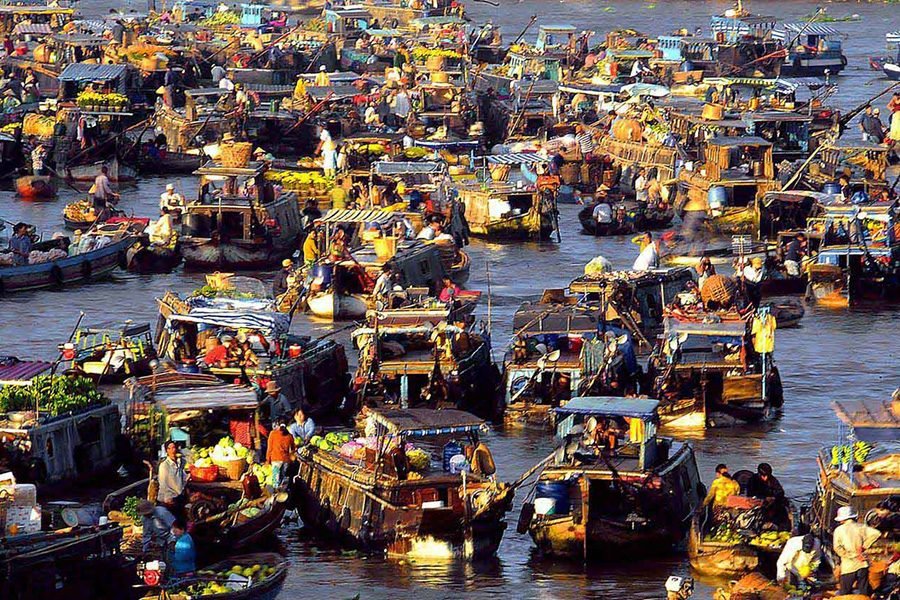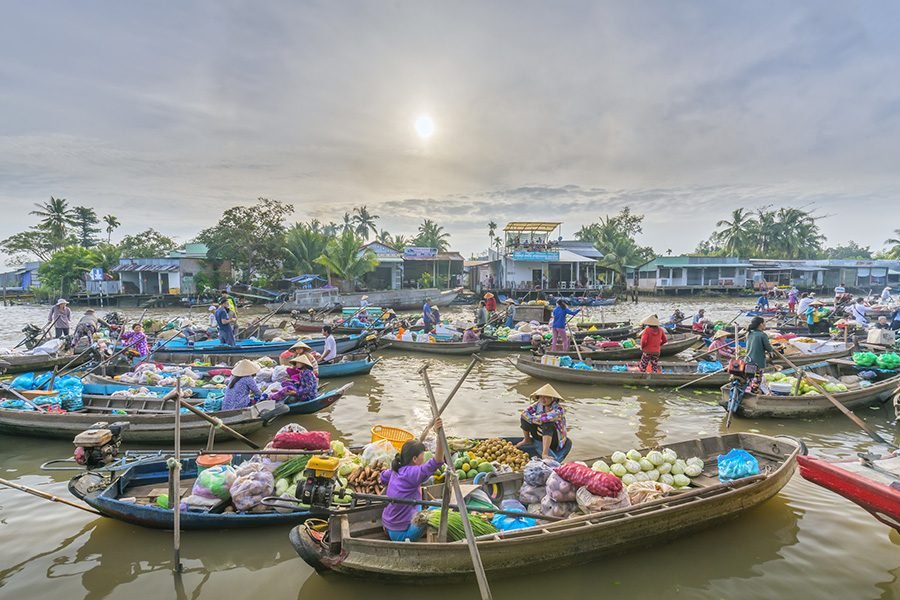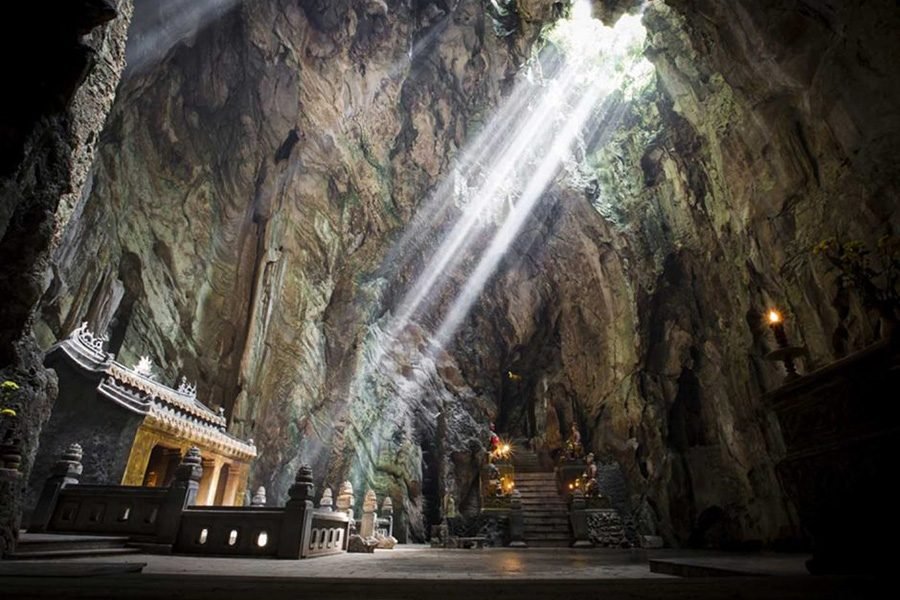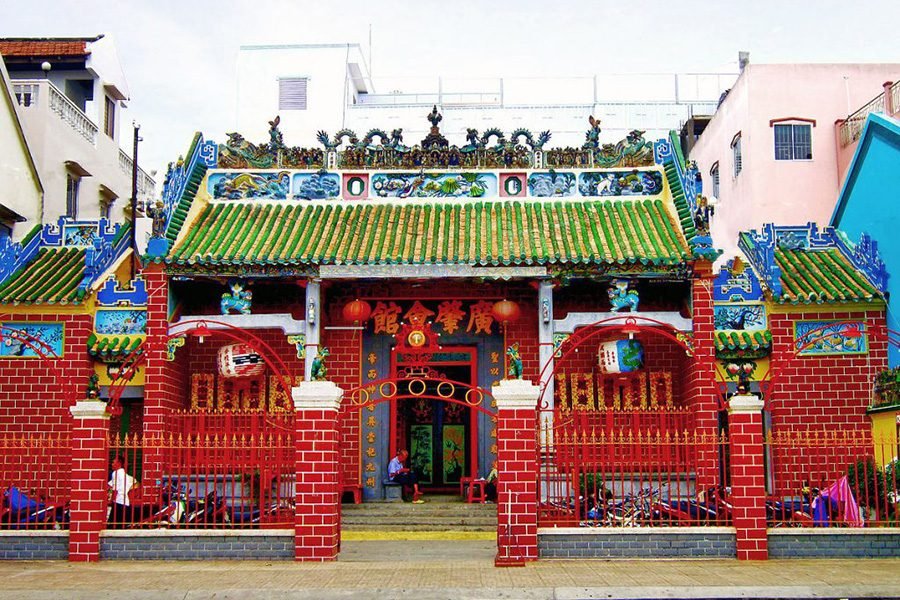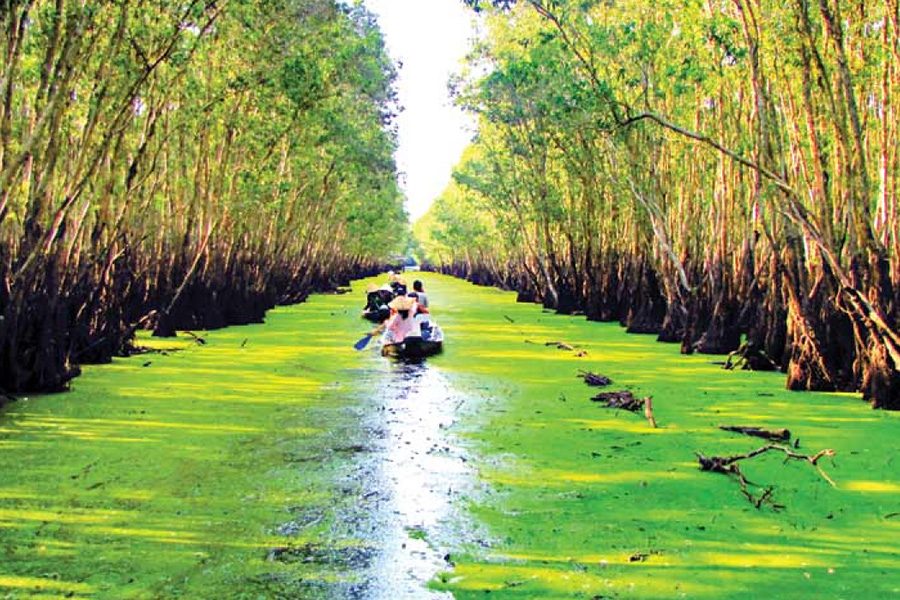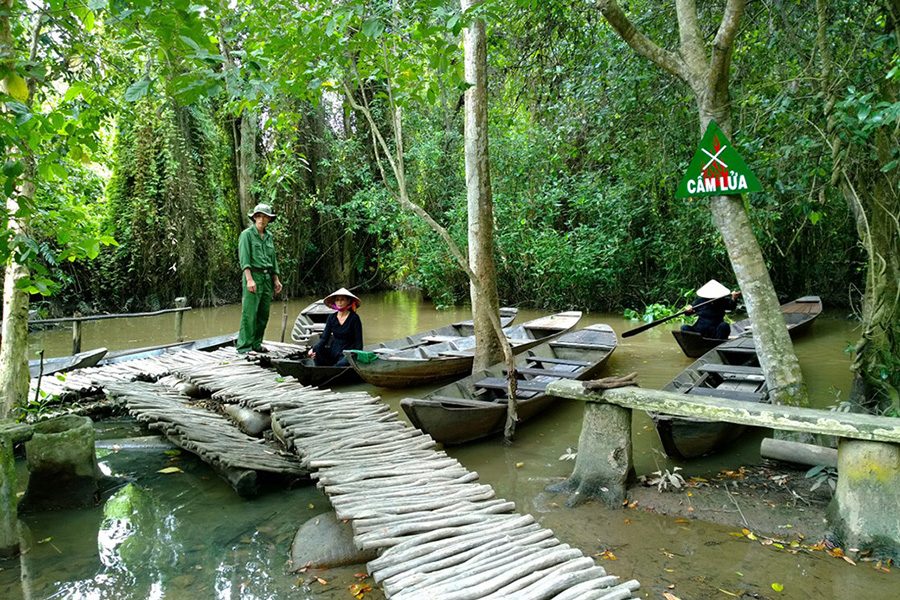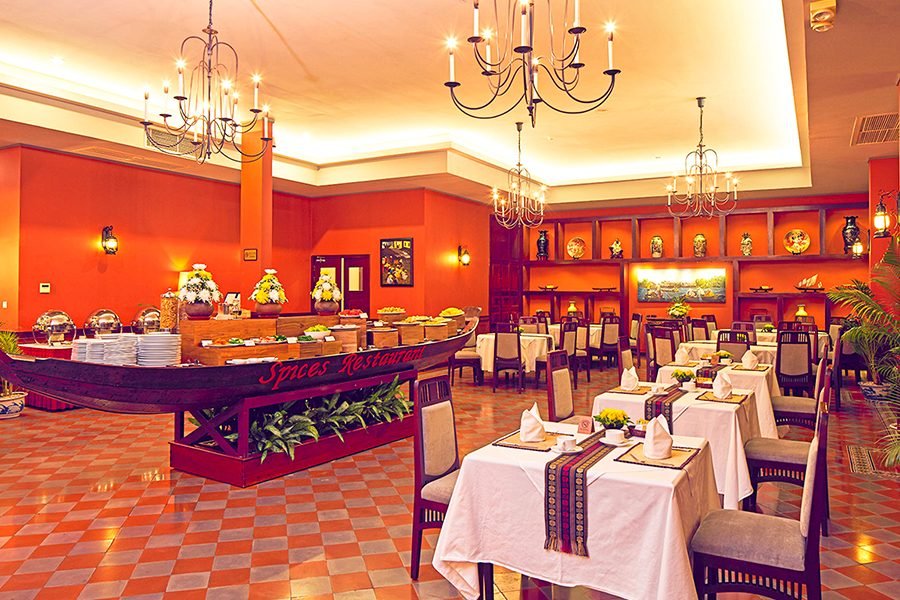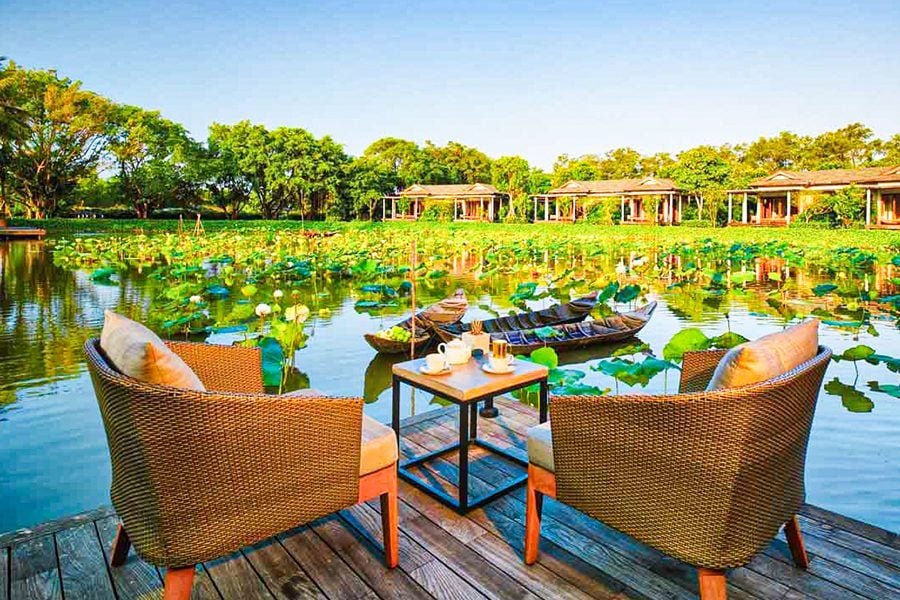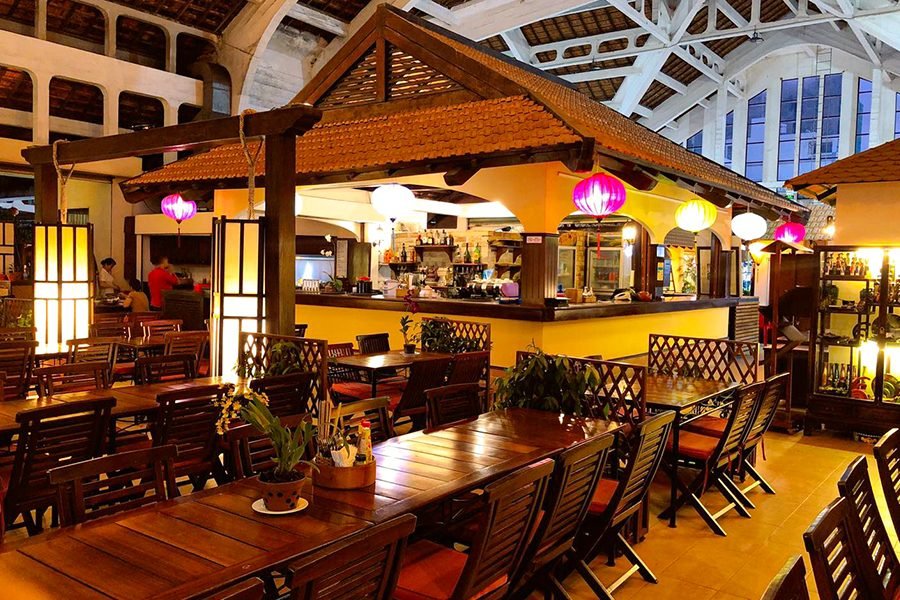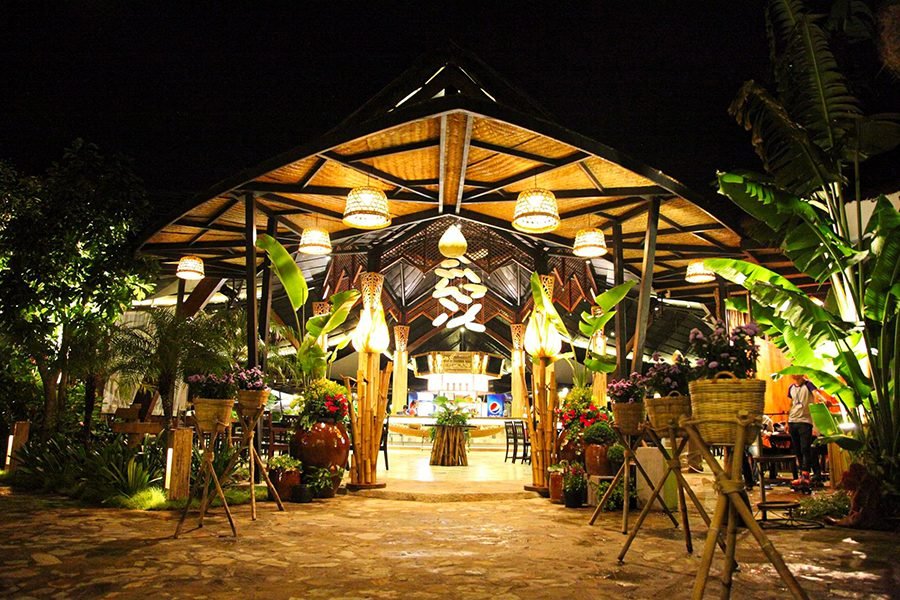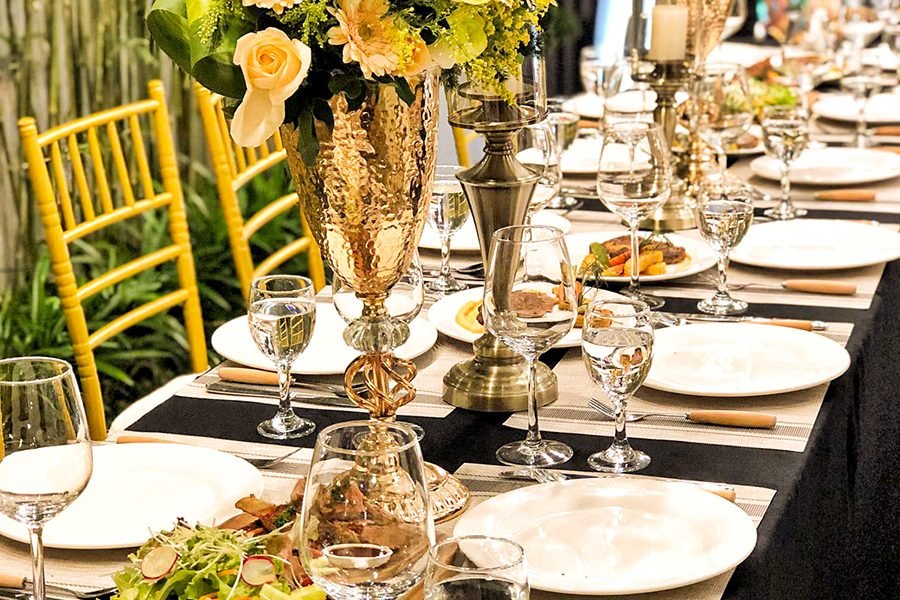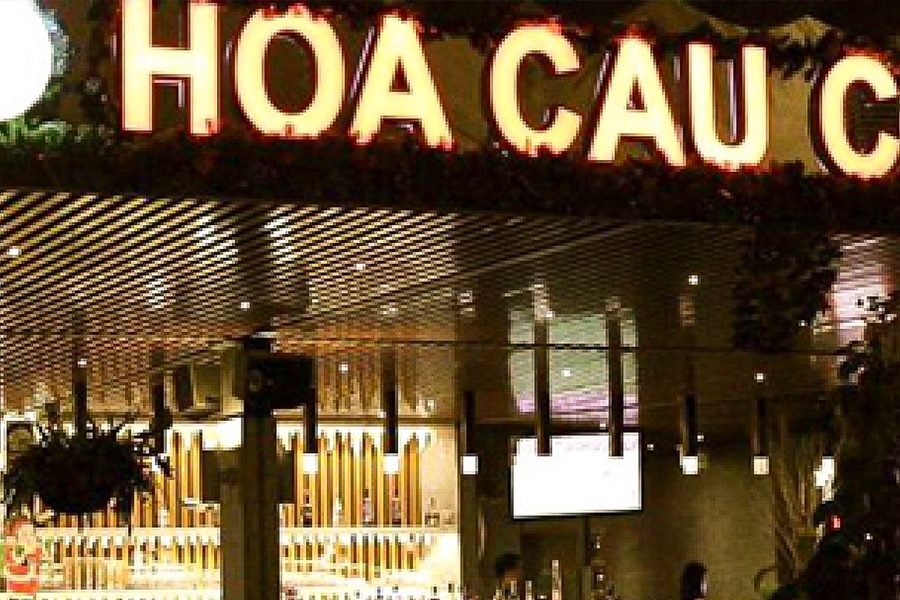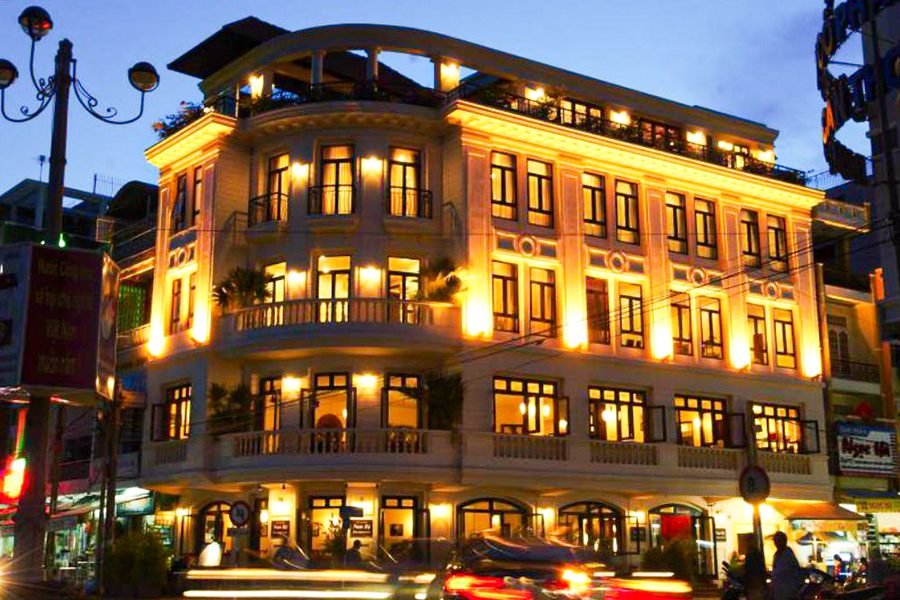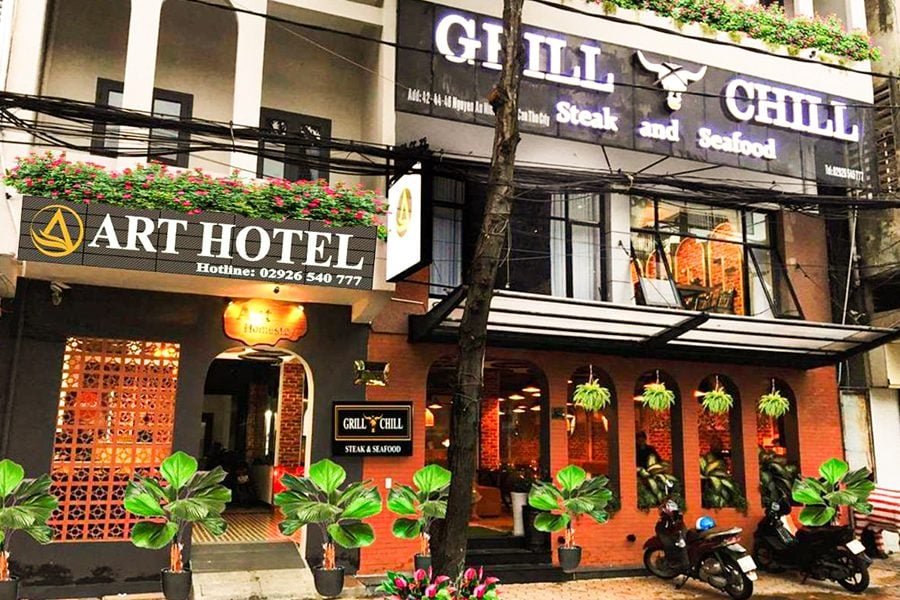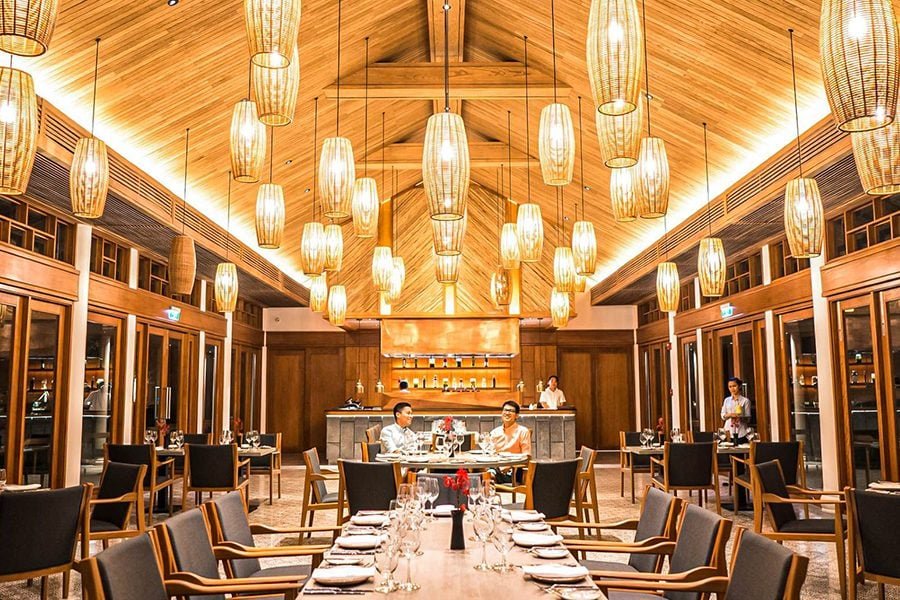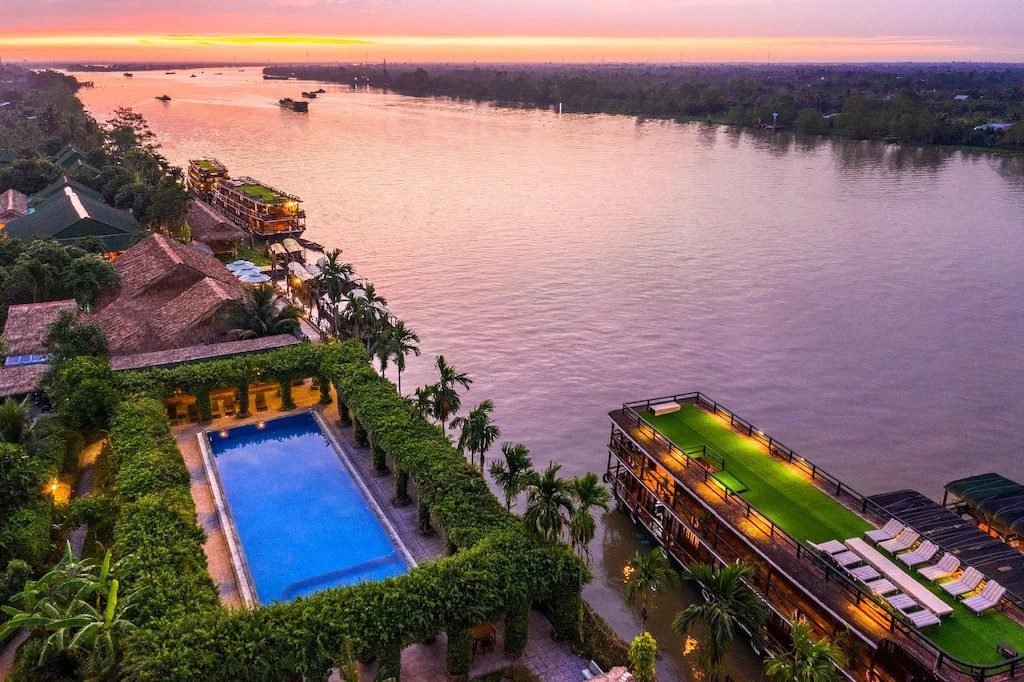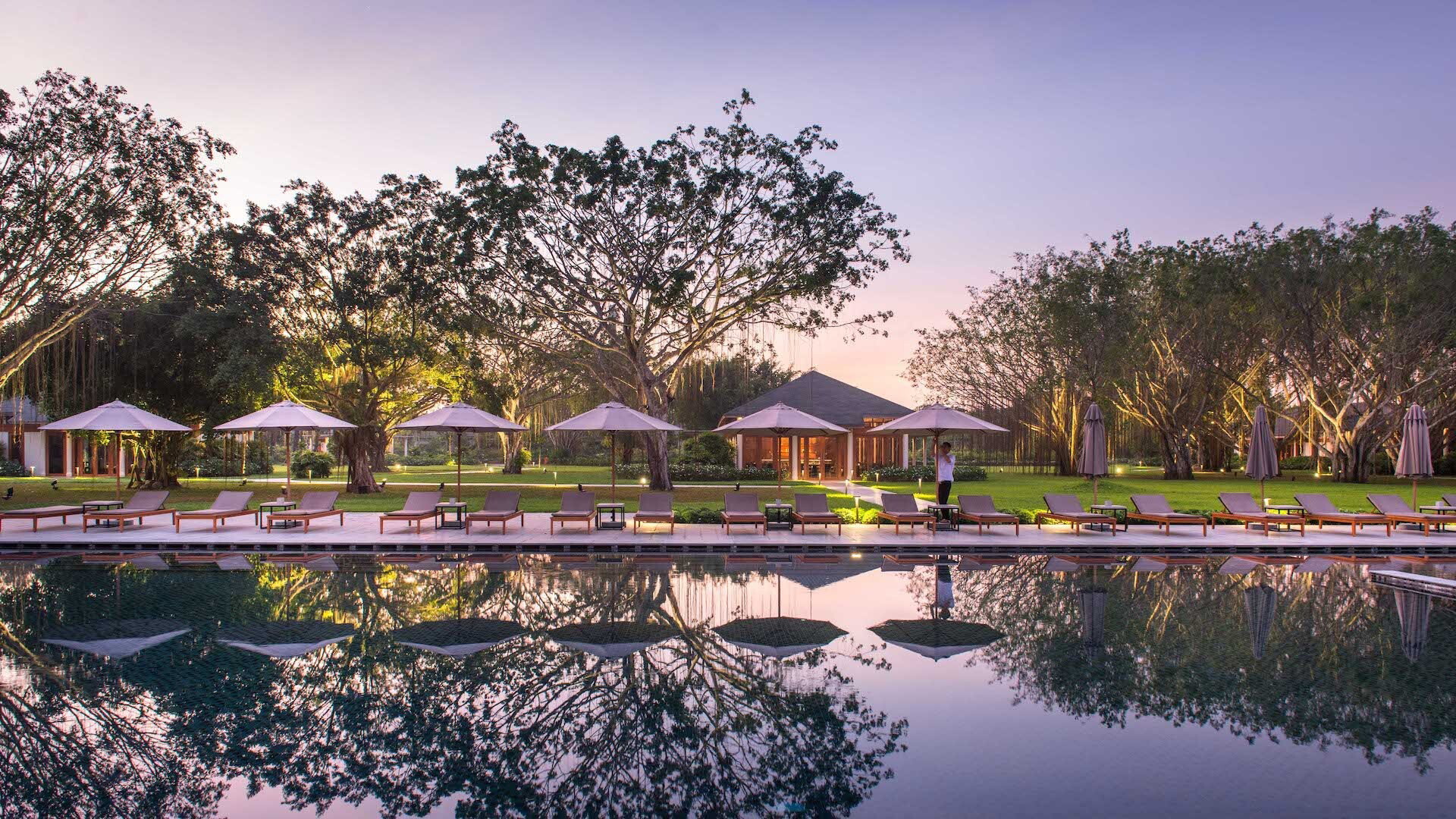Waterways weave through a vibrant region of floating markets and rural communities, offering a glimpse into local life amid ecological wonders and cultural treasures.
What to do
Top Attractions
Where to eat
Where to stay
Frequently Asked Questions
As the largest city in Vietnam, Ho Chi Minh City has accommodations to suit every budget and taste. A few of the most popular include Hotel Grand Saigon or the Rex Hotel for luxury stays, Jan Hostel Central Point or Hotel L’Odeon for cozier B&B-style stays, or Little Saigon Boutique or Bob Bui Vien for budget stays. For a greater selection, browse our guide on good hotels in Ho Chi Minh City.
From the Michelin Star-winning Anan Saigon to the scores of delicious offerings on Street Food streets like Ho Thi Ky or Xom Chieu, Saigon is home to hundreds of fantastic eateries. You can find whatever you want, from Southern Vietnamese specialties like hu tieu, banh mi, and broken rice to world-class international cuisine. Look up details about specific restaurants in our guide to restaurants and street food hotspots in Ho Chi Minh City.
Ho Chi Minh City is known for being Vietnam’s largest and most vibrant city. Its bustling street life, modern skyline, progressive population, and lively nightlife make it a “city that never sleeps” in the same vein as New York City, Tokyo, or Bangkok.
Take a day tour of Ho Chi Minh City to explore all its most iconic landmarks like Notre Dame Cathedral and Ben Thanh Market, take a dinner cruise on the Saigon River, or take a day tour of the local Cu Chi Tunnels. These are just a few of Saigon’s dozens and dozens of activities, some relaxing and some adventurous.
Some tourist-oriented services like hotels and packaged tours offered by local agencies may be cheaper from March through November when the weather tends to be hotter or rainier, and there are fewer tourists. However, prices in Saigon do not fluctuate as much as they do in much of Vietnam as long as you don’t come in the few weeks leading up to the Tet holiday.
Hailing a car or a motorbike on ridesharing apps like Grab, Be, Gojek, and Xanh SM are the most convenient ways to get around Ho Chi Minh City. Taxis are more expensive and are more likely to scam you, the traffic is often too intense to walk around on foot, and the public bus system is reliable but slow. A metro will also open in Ho Chi Minh City in 2024.
The optimal time to visit Ho Chi Minh City is between December and February when the weather is cooler and less humid. This period coincides with major celebrations like Christmas, New Year’s, and the Tet Holiday, Vietnam’s Lunar New Year, offering a vibrant cultural experience. Be aware that these months are popular among tourists, so expect larger crowds and possibly higher prices.
2-4 days is suitable if you only want to see the city’s main attractions, markets, and temples. 5-7 days is preferable if you have time, as it will allow you to learn about the city’s culture by visiting museums or taking a photography tour. An extended trip will also give you time to visit attractions near the town on a journey like a half-day Cu Chi Tunnels Tour.

